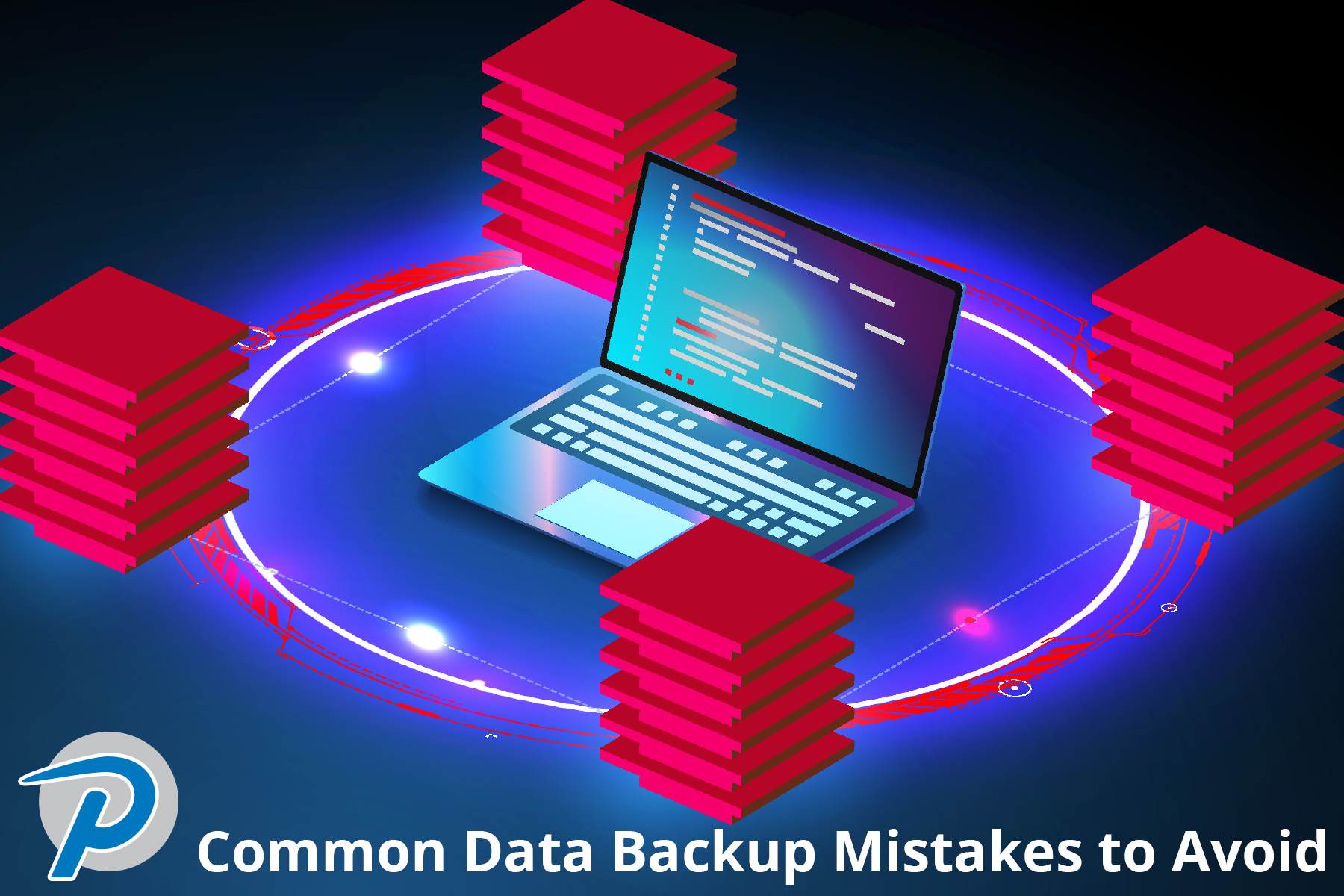Data backup is an essential part of any small business’s IT strategy, ensuring that critical data is protected against loss, theft, or damage. However, despite its importance, many small businesses make common mistakes that could jeopardize their data backup strategy. Let’s chat about the common data backup mistakes to avoid to ensure that your small business’s data backup strategy is reliable, effective, and ready to protect your data whenever you need it.
One of the most common mistakes that small businesses make with their data backup strategy is failing to test backups. Without regular testing, you won’t know if your backups are complete, reliable, and easy to restore in case of data loss. That’s why it’s crucial to validate your data backup plan by testing backups regularly. You can use test restores to ensure that the data is being backed up correctly, that backups are working as expected, and that data can be recovered in case of an emergency.
Another common mistake small businesses make with their data backup strategy is overlooking the importance of offsite storage. If your backup is located in the same physical location as your primary data, both copies are at risk from the same potential disasters, such as fire or theft. That’s why it’s important to have backups stored in a separate physical location, such as a cloud-based backup solution or an offsite backup facility. This approach ensures that your data is protected from any local disasters that may occur.
Not backing up frequently enough. Backing up your data once a month may seem like a sufficient solution, but it may not be adequate for your business’s needs. The optimal frequency of backups will depend on your data’s criticality and how often it changes. If your data changes regularly, you need to ensure that you back up your data frequently enough to minimize the risk of data loss.
Choosing the wrong data backup solution. Small businesses may choose the wrong data backup solution, leading to backup and restore issues. Choosing the right backup solution is critical as it ensures that your data is protected, reliable, and accessible when you need it. When selecting a data backup solution, consider your business’s needs, such as your data volume, the frequency of backup, and the cost. You may also want to consider the security of the solution, whether it’s cloud-based, and the recovery options available.
Not having a disaster recovery plan. Even with a robust data backup strategy, unexpected events such as natural disasters, cyber-attacks, or hardware failures can still impact your business’s operations. Therefore, it’s important to have a disaster recovery plan in place. This plan should include detailed procedures for restoring data and systems after an event, as well as identifying critical systems, staff responsibilities, and communication channels. Having a disaster recovery plan in place ensures that your business can get back up and running as quickly as possible, minimizing downtime and potential losses.




